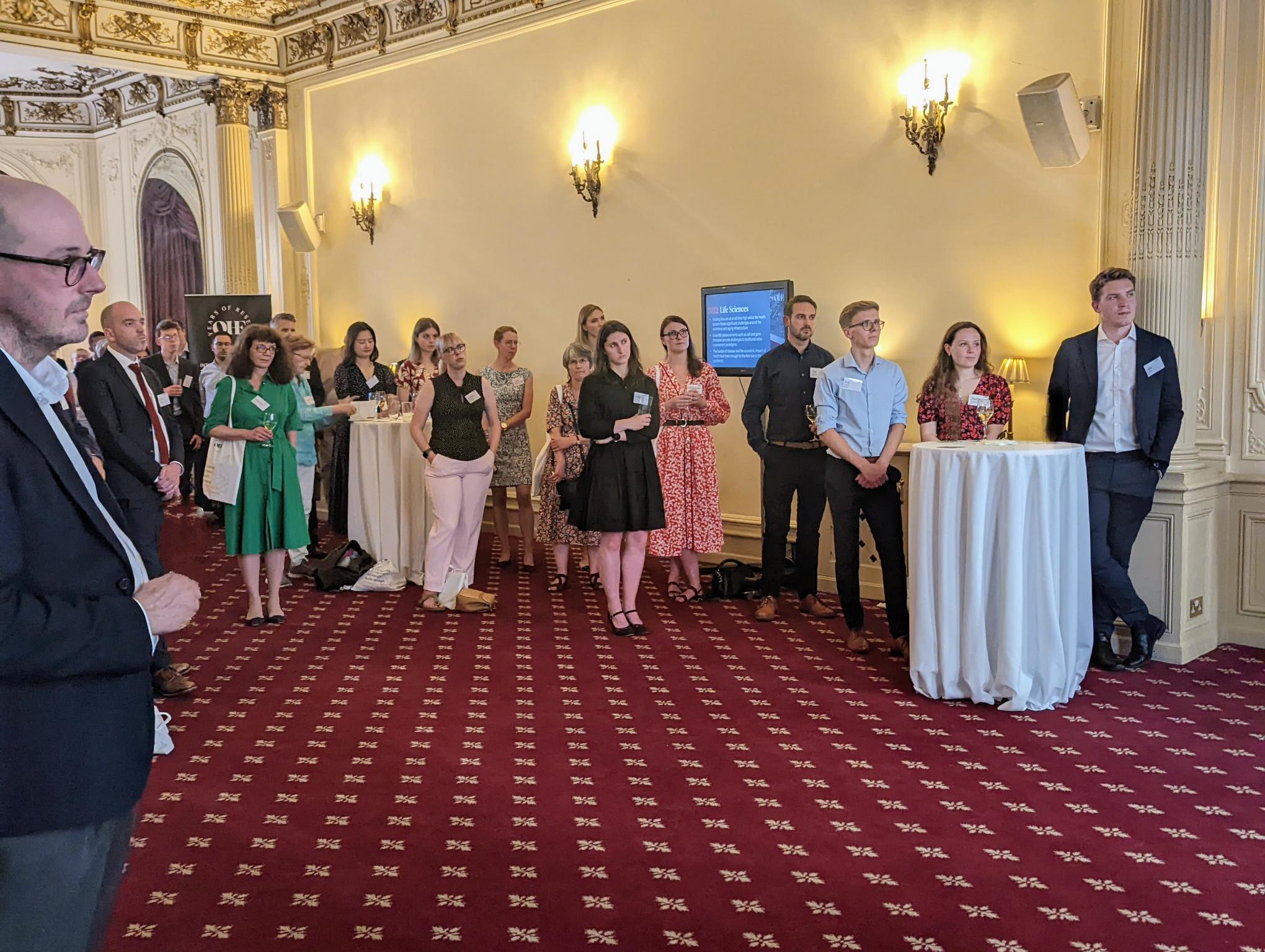Unlocking the Value of Combination Therapies



The issue of health service planning regularly hits the headlines. In a speech delivered in October by the Chief Executive of NHS England, Simon Stevens described a “mismatch between resources and patient needs of nearly £30 billion a year by…
The issue of health service planning regularly hits the headlines. In a speech delivered in October by the Chief Executive of NHS England, Simon Stevens described a “mismatch between resources and patient needs of nearly £30 billion a year by 2020/21”.
The OHE lunchtime seminar was attended by members of academia, industry, clinicians and government, and the lively discussion reflected the importance and timeliness of needs-based planning. An OHE briefing will be published in due course providing further detail.
An error has occurred, please try again later.
This website uses cookies so that we can provide you with the best user experience possible. Cookie information is stored in your browser and performs functions such as recognising you when you return to our website and helping our team to understand which sections of the website you find most interesting and useful.
Strictly Necessary Cookie should be enabled at all times so that we can save your preferences for cookie settings.
If you disable this cookie, we will not be able to save your preferences. This means that every time you visit this website you will need to enable or disable cookies again.
This website uses Google Analytics to collect anonymous information such as the number of visitors to the site, and the most popular pages.
Keeping this cookie enabled helps us to improve our website.
Please enable Strictly Necessary Cookies first so that we can save your preferences!
